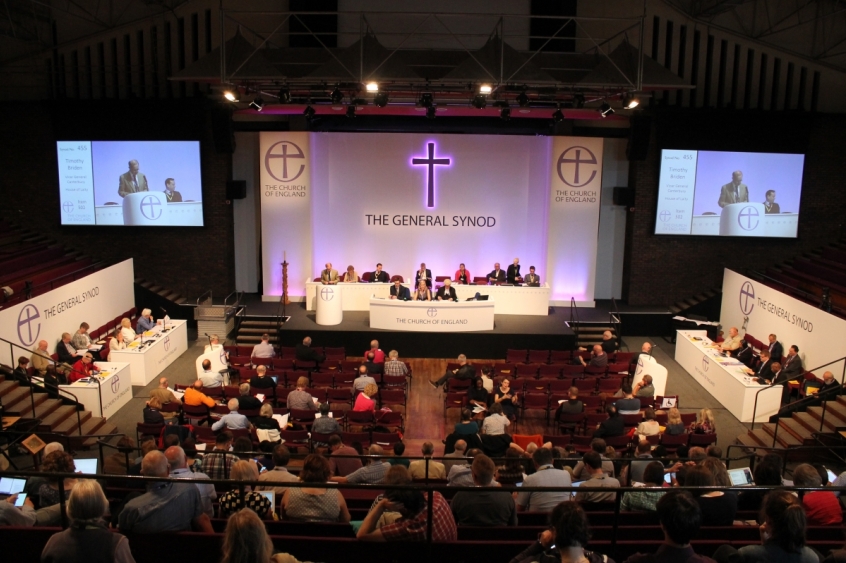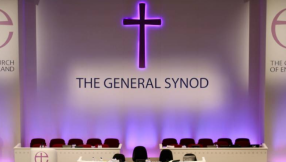
Recent guidance from the Church of England on a 'celebratory' service for transgender people has caused alarm among evangelicals.
The document, released earlier this month, encourages churches to be 'creative and sensitive' in using liturgy to help people mark their transition to a new gender.
Ministers are advised to use the transgender person's chosen name and pronouns during the ceremony, which would incorporate the existing rite for the Affirmation of Baptismal Faith and should, the guidance instructs, have a 'celebratory character'.
Ministers are also told that they could present gifts such as a Bible inscribed in the chosen name or a certificate.
Although approved by the House of Bishops, the document has dismayed evangelicals in the Church of England who believe that gender is assigned by God at birth.
According to The Sunday Times, the Rev Ian Paul, a member of the Archbishops' Council has urged bishops and other leaders in the Church of England to 'stop allowing themselves to be hijacked by these very small interest groups'.
On Friday, the former Bishop of Rochester, Michael Nazir-Ali, released a statement in which he said that the Bible 'clearly teaches' that God made man male and female.
He said that although it was important to be 'compassionate' towards transgender people, the guidance from the Church of England would lead to confusion among Christians and not help people struggling with gender dysphoria.
'The social function of gender is moreover based on biological difference and cannot be divorced from it,' he said.
'The Church should be compassionate and sensitive towards those who experience gender dysphoria but its fundamental teaching must be based on a revealed truth and objective biology and its relation to social structure.
'Superficial accommodation to culture, without adequate theological grounding, may look kind but will lead to further confusion amongst the faithful without truly helping those with issues about their biological sex and its concomitant gender.'
The Church of England Evangelical Council has called the guidance 'theologically and pastorally questionable'.
In a statement, the CEEC said it was concerned that churches that refuse to hold such a service will not receive any support from the Church of England if they are accused of being 'transphobic'.
They added that the recommendation of liturgy raises 'major questions' for Christians.
'This is because many Christians who accept the legitimacy of transition in certain circumstances would understand it in terms of painful necessity, a consequence of our fallen existence, and a form of pastoral accommodation and not as a cause of celebration,' the CEEC said.
'In addition, many Christians view gender transition as a rejection of God's good purposes in creation and so something that is contrary to God's will. As such, it should not be undertaken, however desirable it might seem. It certainly should not be celebrated by the Church, particularly in the context of submitting to Christ as Lord.
'This is because human beings do not bear the image of God in an asexual manner.God created human beings to bear his image as embodied creatures who are either male or female (Genesis 1:26-28 and 2:18-24).
'We are called to witness to this created good as the church and to live thankfully within this dimorphic sexual pattern. This means accepting the sex into which we were born as God's good gift to us, however problematic we may experience it to be.'
Christian Concern's chief executive Andrea Minichiello Williams, who is a lay member of the Church of England's General Synod, has also been critical.
She said the Church of England was on a 'devastating trajectory towards an outright denial of God and his word'.
'It is not loving to mislead people - and wider society - into the falsehoods and myths of transgender ideology,' she said.













